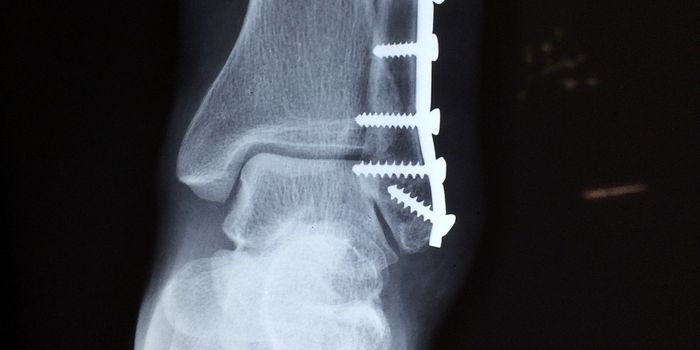Extended approval for a drug to treat children living with HIV
On Monday October 4th, ViiV Healthcare announced that it had submitted an application to the United States Food and Drug Administration (FDA) to extend approval for its drug to treat children living with HIV. HIV, the virus that causes acquired immunodeficiency syndrome (AIDS), can be passed from mother-to-child anytime during pregnancy, childbirth, and during breastfeeding, although drugs and other preventative measures can help prevent this transmission. Fortunately, new HIV infections in children have decreased by 53% between the years 2010 and 2020.
However, according to the Joint United Nations Programme on HIV/AIDS (UNAIDS), approximately 1.7 million children are currently living with HIV across the globe. As such, pediatric HIV continues to be a global issue and, in this vulnerable population, most AIDS-related deaths occurring during the first five years of life. A major challenge for treating children with HIV is poor availability of anti-HIV medication. As stated by ViiV Healthcare, “the availability of age-appropriate treatment options is essential in ensuring children around the world can access optimal care.” UNAIDS has stated that globally, 74% of adults living with HIV have access to proper HIV medication, which is in contrast to children, with only 54% of the global population of children living with HIV having access to HIV medication.
ViiV Healthcare’s drug, called Triumeq, seeks to expand access to treatment options for children living with HIV. As Deborah Waterhouse, CEO of ViiV Healthcare said, “by broadening the treatment options available to children living with HIV, we are one step closer to ending pediatric HIV and AIDS.”
Triumeq is a tablet drug already approved for use in adults and children with HIV infection who weigh more than 88lbs (40kg). ViiV healthcare’s application with the FDA seeks to extend the approval to children who weigh at least 30lbs (14kg). The drug works by preventing the HIV from replicating and infecting more cells in the body. In clinical studies, the drug has been shown to be effective in preventing HIV replication and has been shown to be tolerable in children with minimal side effects.
Sources: CDC; UNAIDS; Journal of Pediatric Infectious Diseases Society









